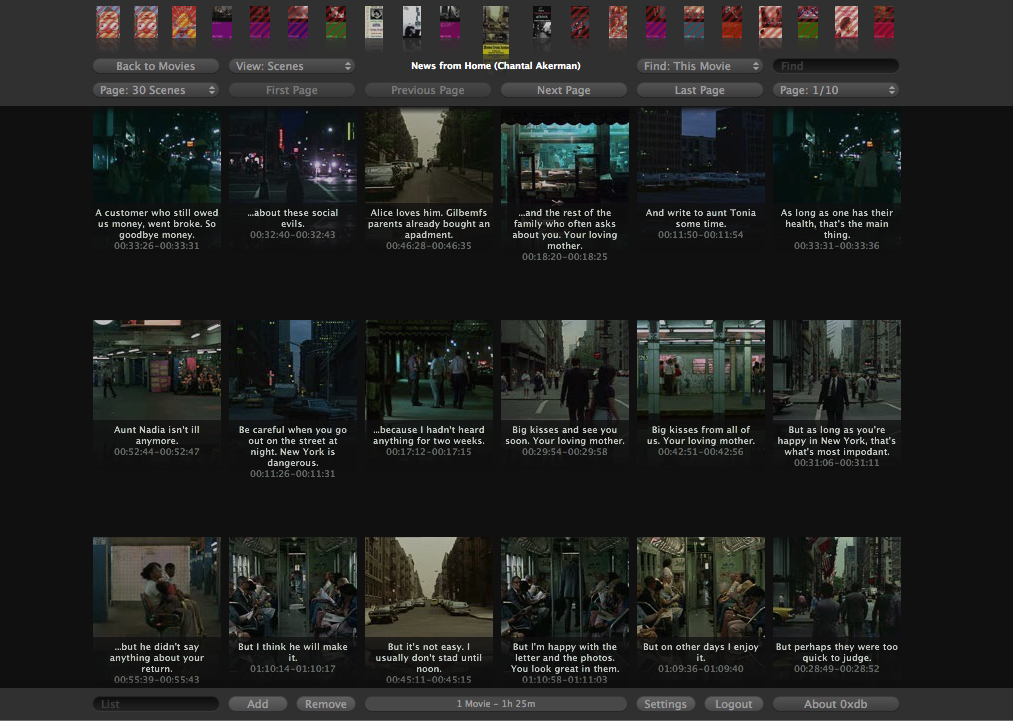
Geert Lovink has posted a thought provoking critique on the digital heritage industry – an industry (Andreas Huyssen calls it the “memory industry”) which is clearly booming all over Europe and is giving rise to numerous costly (and, honestly, often illfunctional, unadventurous, uncritical and anachronistic thinking) projects and institutions, like, here in Belgium, the BOM-vl project I have been involved in as well as the forthcoming “Flemish Archiving Institute” (or: the “library of the future”), a loud and bright shining bandwagon on which every local industry player in the “digitalisation” branch, as well as the policy makers in the domains of culture, economics and education, are trying to jump on right now. As Geert Lovink writes: “There is money to be made from history”.
Some extracts from his article:
“From a perspective of new media research Europe allocated too much of its resources into the digitization of its cultural heritage, leaving the debate over the architecture of the network society to hyped-up IT gurus and business management evangelists. Once again, the future was located in the past. Now that the 1.5 billion Internet users worldwide are preoccupied with social networking and other Web 2.0 activities, digital content is proclaimed dead and ‘free’. The question central in my work has always been how Europe can be liberated from its preoccupation with the archive in order to mobilize its creative energies towards a ‘future culture’ that is both critical and innovative. How can we develop an intellectual environment that is capable to shape things to come that is not condemned to writing academic histories?”
“In the roaring nineties librarians played a pivotal role in the Internet access movement. At the time were ahead of the game. These days it seems that they have lost their edge and are busy with large digitization programs of historical material. There seems to be less and less money for public libraries and more project-based resources for ‘digitization’ of old stuff. This is why we see occasional panic over (US-American) commercial services like Google, Twitter and Facebook. If librarians and archivists would engage more in the development of standards and protocols, software and interfaces, they would gain confidence and have a more confident and sovereign attitude towards the fads of the market and its libertarian techno-evangelists. What we need are creative and critical concepts, for instance in the case of Europeana, which is clearly neither a portal nor a search engine…”
image: oxdb project